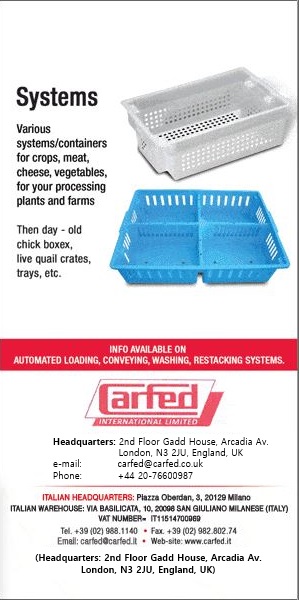
For grassland specialist KRONE, the use of a front-rear combination significantly improves mowing efficiency. (Image source: LEMKEN)
Agricultural technology specialists KRONE and LEMKEN are utilising the front attachment space to significantly expand the range of application for their autonomous process units
With their joint 'Combined Powers' project, the two companies are focussing on not only the development of autonomous process units, but also the associated work processes by carrying out additional practical deployments at home and abroad.
The functionality of the autonomous process unit has been significantly enhanced by the integration of a front linkage with PTO shaft, which means that two separate, intelligent attachment spaces are now available. This combination can be used profitably in both grassland and arable farming. For grassland specialist KRONE, for example, the use of a front-rear combination significantly improves mowing efficiency. LEMKEN, on the other hand, utilises the additional function particularly in the areas of stubble cultivation and sowing where rollers and front hoppers can now be easily carried and used.
The VTEs (autonomous process units) were further developed, taking into account ease of maintenance, practicality and optimisation of the sensor carriers. Another highlight is the improvement in the diesel-electric drive. The new generation of machines retains its power output of 170 kW / 230 hp and continues to feature four-wheel steering with large tyres for maximum tractive power and minimum ground pressure.
The advanced autonomous tractor units from KRONE and LEMKEN enable large-scale practical trials and significantly improve the reliability of autonomous processes. Moreover, the two companies rely on open interfaces and are in lively dialogue with other implement manufacturers in order to exploit synergies and create added value for the customer. By closely cooperating with practising farmers, both companies are aiming to further develop their product and make it marketable as quickly as possible.
For more information, visit: https://combined-powers.com/













